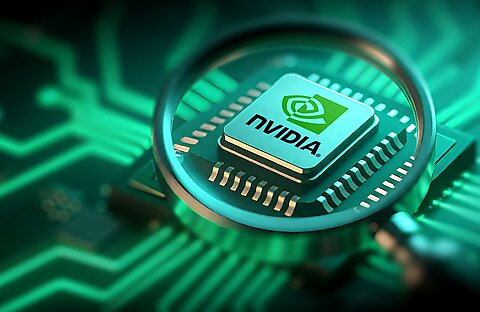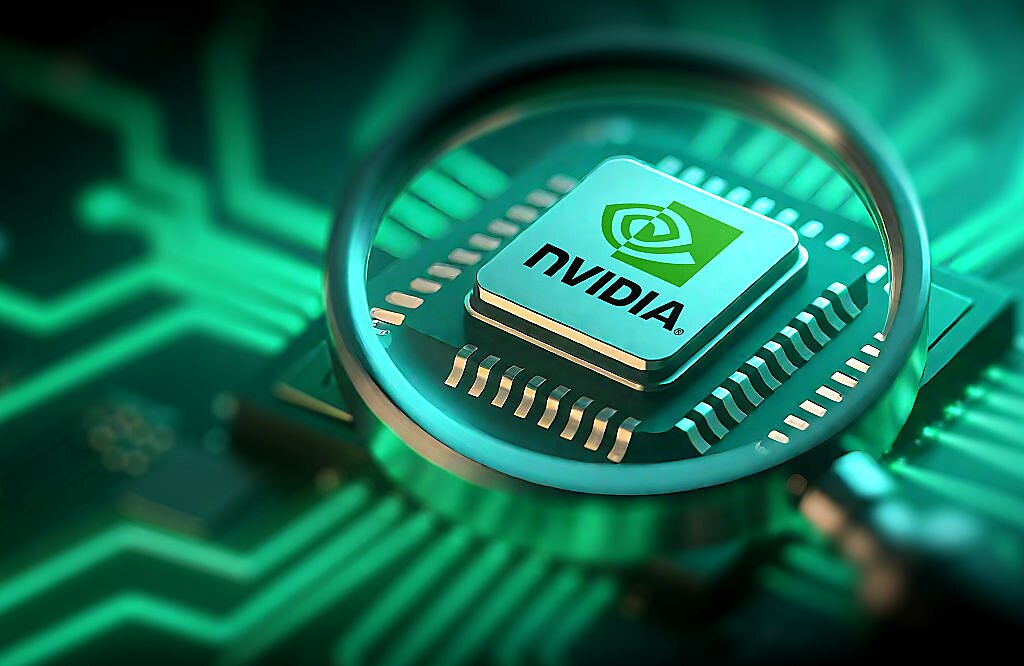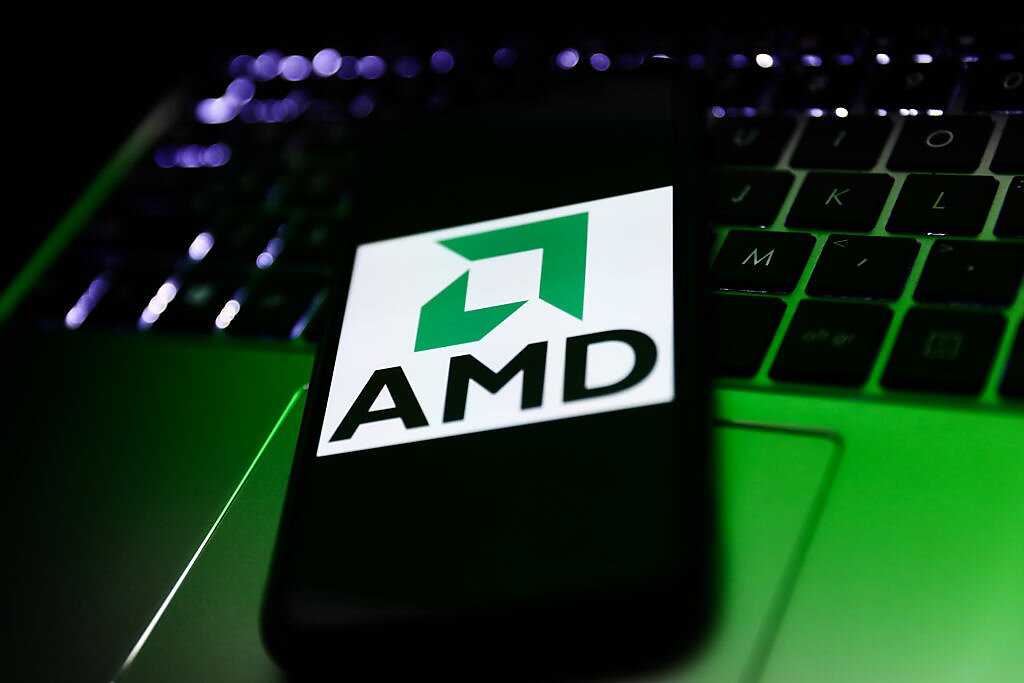Clark Packard and Alfredo Carrillo Obregon
The authors thank Cato Institute intern Saamiya Laroia for her substantial contributions to the research and writing of this blog post.
Over the weekend, it was reported that the Trump administration reached an unprecedented deal with Nvidia and Advanced Micro Devices (AMD) to effectively lift export controls on certain semiconductor sales to Chinese buyers. The move reverses earlier directives barring, on national security grounds, the export of Nvidia’s H20 and AMD’s MI380 chips—used for Artificial Intelligence (AI) purposes—to China amid trade tensions with Beijing. In exchange for permitting the sale of these chips, the federal government is slated to receive 15 percent of the revenue from such sales. There are several serious problems with this arrangement.
Legality
It is, at best, questionable whether the reported agreement could withstand legal scrutiny. The text of Article I, Section 9 of the US Constitution—“No Tax or Duty shall be laid on Articles exported from any State”—makes it clear that Congress cannot levy taxes on US exports. Thus, not only do the Trump administration’s actions appear to contravene the text of the Constitution, but they also raise a separation of powers issue, as it is the executive branch, not Congress, that is levying this tax.
That being said, it is unclear whether Nvidia and AMD are exporting their semiconductors from the United States. Both companies are “fabless” manufacturers, meaning that they design their chips but outsource their actual fabrication to TSMC. Though TSMC’s fabrication facility (“fab”) in Arizona has been operational since late 2024, reports suggest that it fabricates Nvidia and AMD chips other than the H20 and MI308, making it therefore likelier that both of these chips are fabricated in Taiwan. Were that indeed the case, and moreover were the chips to be exported to China from Taiwan (or any other foreign country, for that matter), the chips would be subject to the US government’s export controls under the Foreign Direct Product Rule, yet the case for a constitutional violation would seem weaker, as they are not “exported from any State.”
As legal experts have pointed out, however, the Export Control Reform Act of 2018—the statute undergirding the export controls on semiconductors that have been enacted since the first Trump administration—plainly prohibits the Bureau of Industry and Security (BIS) from charging fees in connection with “the submission, processing, or consideration of an application” for an export license. Thus, even if Nvidia and AMD’s semiconductors are shipped to China from a country other than the United States, there is no statutory basis for these companies having to pay a share of their Chinese sales revenue in exchange for their export licenses.
Crony Capitalism
Beyond the troubling legal questions, the deal with Nvidia and AMD reeks of more crony capitalism. Just as it has used and threatened tariffs to seemingly obtain concessions from foreign countries on trade, this new deal suggests that the Trump administration will leverage the executive branch’s authority to regulate and restrict imports, exports, and foreign investment to bring private companies to the negotiating table to serve the president’s political prerogatives.
Just two months ago, the administration secured an agreement whereby Japan’s Nippon Steel granted the federal government a “golden share” in the company in exchange for President Trump’s approval of Nippon’s acquisition of US Steel. (The acquisition had previously been blocked by President Biden on exceedingly weak “national security” grounds.) That deal gives Donald Trump, in his capacity as president, a veto over many of the business decisions that the merged steel firm might make—from changing the company’s name or relocating its headquarters to reducing planned investments and changing the strategy for sourcing inputs.
In May, President Trump threatened to put a 25 percent tariff on iPhones made outside the US in an attempt to get Apple to make its smartphones in America. To avoid this tariff hike, Tim Cook has announced a $600 billion investment in the US over the next four years. Former US trade negotiator Stephen Olson has pointed out that, “What we are seeing is in effect the monetization of US trade policy in which US companies must pay the US government for permission to export. If that’s the case, we’ve entered into a new and dangerous world.”
And just last week, the White House announced a 100 percent tariff on all imported computer chips with sweeping exemptions for any companies that are “building in the United States.” Nvidia, Apple, and GlobalFoundries secured exemptions from the tariffs, as did South Korean Samsung and SK Hynix, thanks to their promised US investments.
These exemptions create a system in which mega corporations that can undertake billion-dollar investments play by their own rules while everyone else is left to pay the price of protectionism.
These moves, and the latest Nvidia/AMD agreement, together echo Vice President JD Vance’s remarks earlier this summer, when he said that “there is no meaningful distinction between the public and the private sector in the American regime.” Quite the admission for a leader of a political party ostensibly committed to limited government and relatively free markets.
National Security for Sale, Even When It Comes to China
The Nvidia/AMD deal stands in stark contrast to the administration’s professed hawkishness about China’s technological prowess. The downgraded H20 chip was designed to skirt Biden-era export controls but was then blocked by the Trump administration in April, based on the fear that the “covered products may be used in, or diverted to, a supercomputer in China.” The administration has fully reversed its earlier crackdown, with President Trump dismissing the H20 chips as “obsolete” and Commerce Secretary Howard Lutnick describing them as Nvidia’s “fourth-best” product. Yet no one has explained what happened to the supposed supercomputer threat that justified the ban in the first place.
Lutnick went on to say, “We want to keep having the Chinese use the American technology stack, because they still rely upon it.” This is completely inconsistent with his own remarks in March defending the administration’s decision to blacklist dozens of Chinese companies from accessing semiconductors and other advanced technology.
That March decision to double down on Biden’s controls helped accelerate China’s drive for semiconductor self-sufficiency and spurred Huawei to roll out its own high-end alternatives, from the 910C to the more advanced Ascend 920.
Now, in response to the new Nvidia deal, these H20 chips are already facing information risk concerns from Beijing, with authorities questioning private companies like Tencent and ByteDance over their purchase of H20 chips. The export controls have already pushed China to develop capable substitutes, and the argument once used for justifying controls appears weaker. If there ever was a serious national security threat from the sale of H20 chips from China, we certainly aren’t hearing any defense of it now.
This week’s deal walks back the government’s own national security concerns in exchange for a cut of the profits. Louise Lucas at the Financial Times points out that the US government has put a price tag on national security of an estimated $7.5 billion, though she qualified that, based on projected AMD and Nvidia sales to China, the real figure is likely half of that.
National security is seeming less like a genuine directive for policies and more like the catchall for whatever “deal” the president wants to cut—not just with foreign governments now, but with private companies.
Conclusion
The president’s unprecedented deal with Nvidia and AMD raises serious legal questions, further entrenches Washington’s crony capitalist favor factory, and gives at least the appearance of putting national security up for bid. Whatever the future of this arrangement, it sets yet another dangerous precedent of the executive branch abusing its national security authorities to influence or dictate the actions of private entities.



